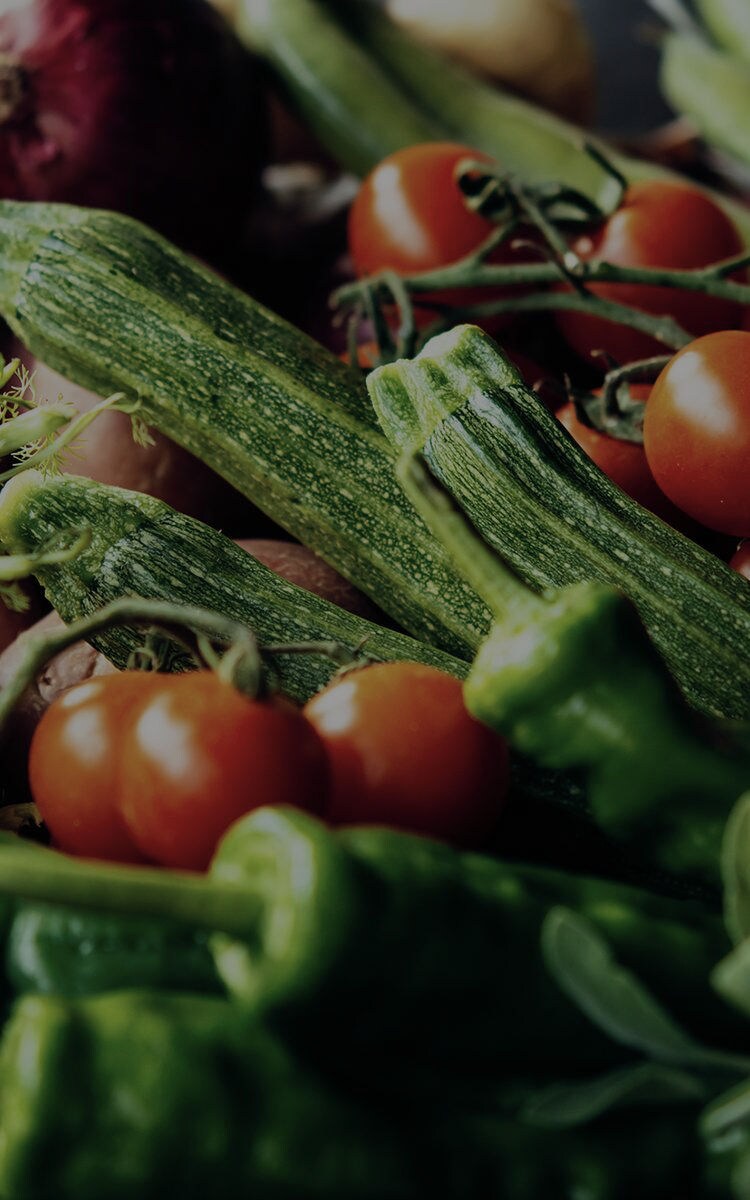Eating seasonally is a simple yet effective way to enhance your health, support the environment and enjoy delicious, fresh produce throughout the year.
Eating foods that are in season is thought to be good for our bodies because it aligns us with nature and its benefits.
Health Benefits of Seasonal Eating
Seasonal eating has many health benefits. When we consume foods that are in season, we are more likely to get the nutrients and vitamins that our bodies need to thrive. Eating seasonally can also help support a healthy immune system. When we eat foods that are in season, we are consuming produce that has been grown locally, and therefore has been exposed to the same environmental factors that we have.
Seasonal Eating and the Environment
Eating seasonally is not only beneficial for our health, but it also has positive environmental impacts. By consuming foods that are in season, we can reduce the carbon footprint associated with food transportation.
In addition to reducing our carbon footprint, eating seasonally can also help to support local farmers and businesses. When we buy produce that is grown locally, we are supporting our local economy and helping to ensure that our communities have access to fresh, healthy food.
Tips for Eating Seasonally
Eating seasonally is not difficult, but it does require some planning and preparation. Here are a few tips to help you get started:
- Visit your local farmer's market. Farmer's markets are a great place to find fresh, seasonal produce. Not only are you supporting local farmers, but you're also getting the freshest, most delicious produce available.
- Look for seasonal produce at your grocery store. Many grocery stores now offer seasonal produce, so be sure to check the labels to see where the produce was grown and when it was harvested.
- Plan your meals around seasonal produce. Make a list of the seasonal fruits and vegetables that are available in your area, and plan your meals around them.
- Preserve seasonal produce. If you find yourself with an abundance of seasonal produce, consider preserving it for later use. You can freeze fruits and vegetables, can them, or even dry them.
What foods should you eat each season?
The foods that are in season can vary depending on where you live, but generally, you can follow a few guidelines:
- In the spring, look for asparagus, artichokes, peas, spinach, and rhubarb.
- In the summer, enjoy tomatoes, peppers, cucumbers, corn, watermelon, peaches, and berries.
- In the fall, try squash, pumpkin, sweet potatoes, apples, pears, and Brussels sprouts.
- In the winter, look for hearty greens like kale and collards, root vegetables like carrots and turnips, and citrus fruits like oranges and grapefruits.
Does seasonal eating matter?
Yes, seasonal eating does matter. Eating seasonally can provide you with the freshest, most flavorful produce that is at its peak of ripeness and nutrient density. It can also support your local farmers and reduce your carbon footprint by reducing the transportation required to get your food from the farm to your plate. Additionally, seasonal eating can help to keep your diet varied and interesting, as you rotate through different types of produce throughout the year.
How can you eat more seasonal food?
There are a few simple ways to eat more seasonal food:
- Shop at your local farmer's market or sign up for a Community Supported Agriculture (CSA) program to receive a regular supply of fresh, seasonal produce.
- Look for labels at your grocery store indicating where the produce was grown and when it was harvested.
- Plan your meals around the seasonal produce that is available in your area.
- Consider preserving seasonal produce by freezing, canning, or drying it, so you can enjoy it throughout the year.
.




